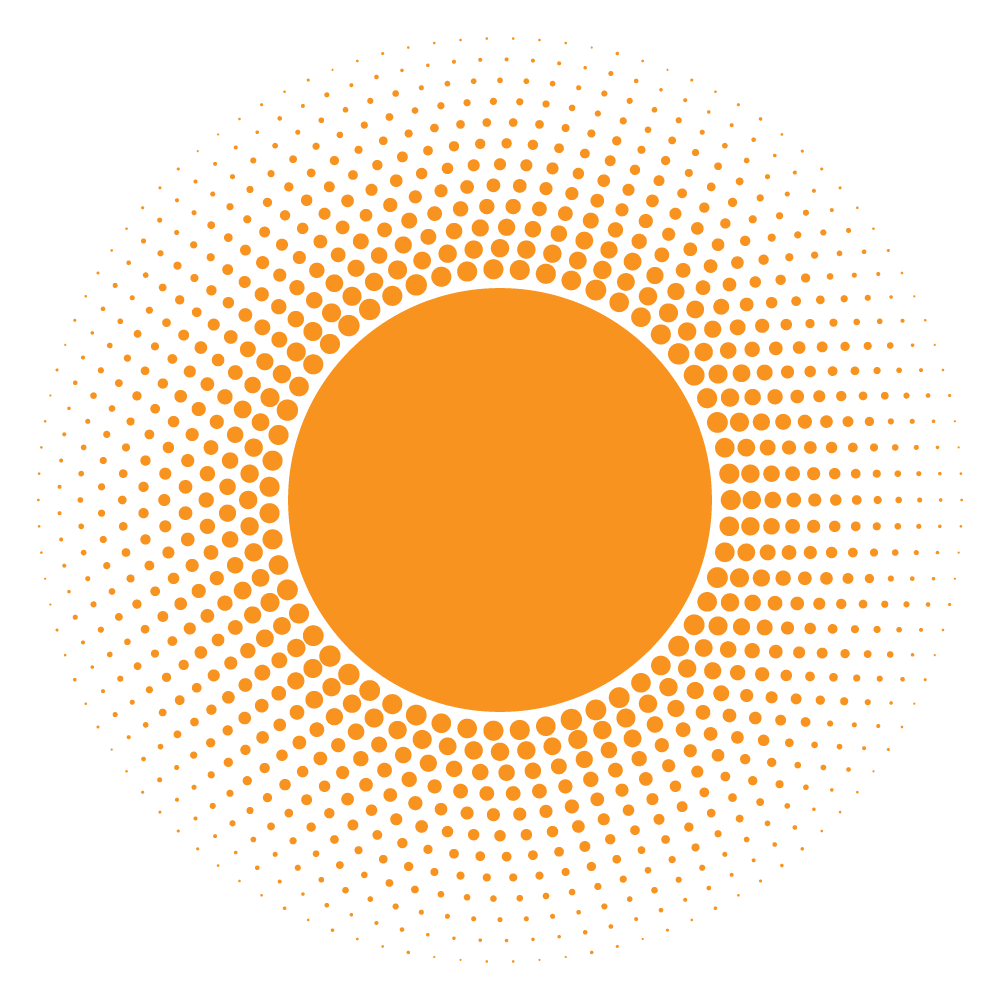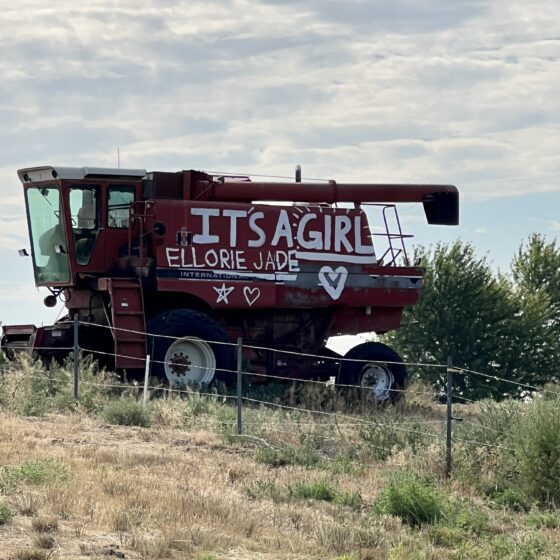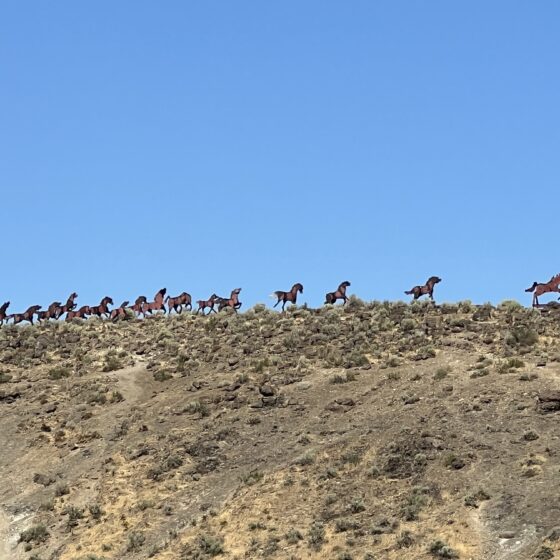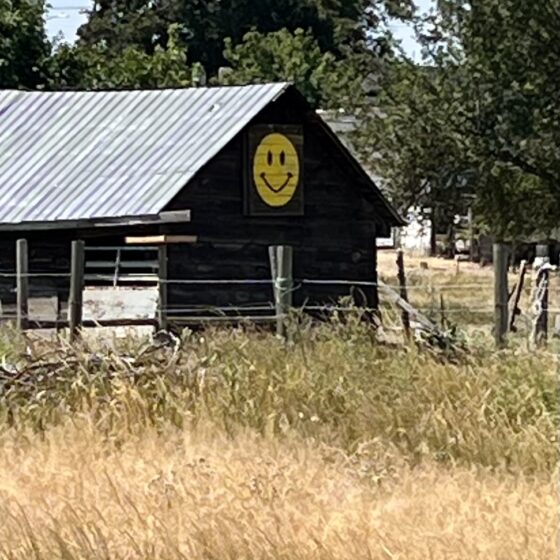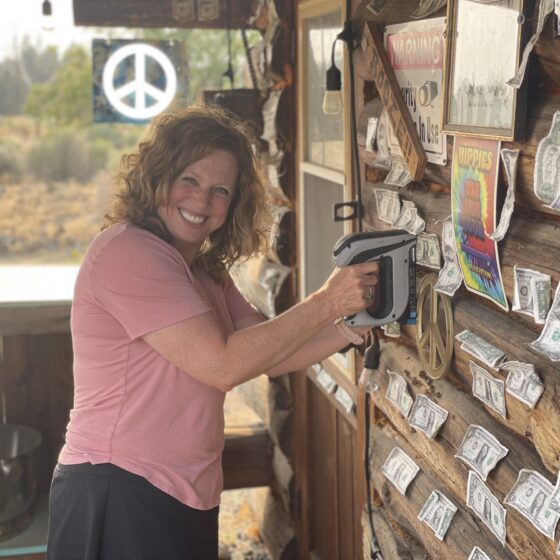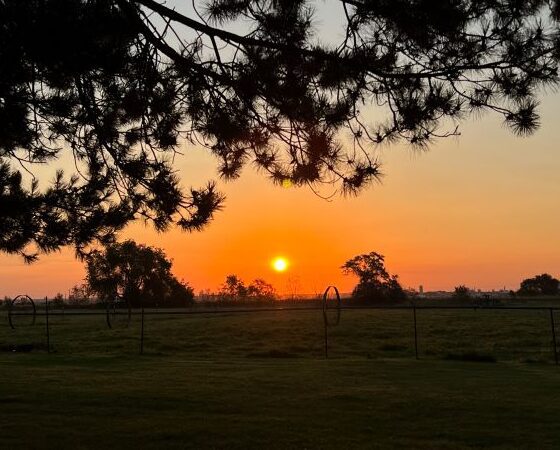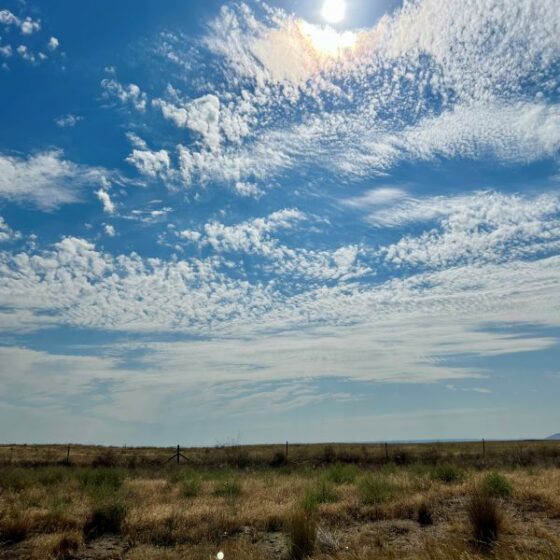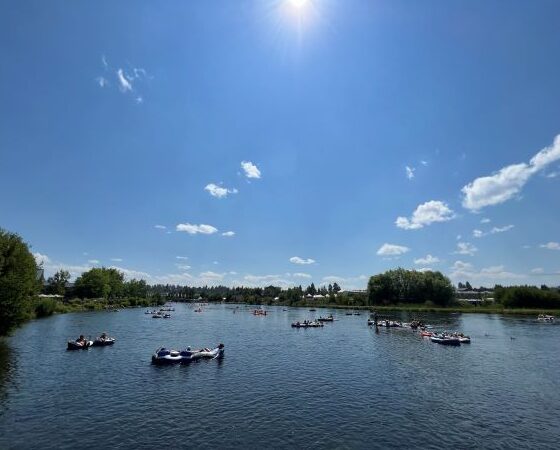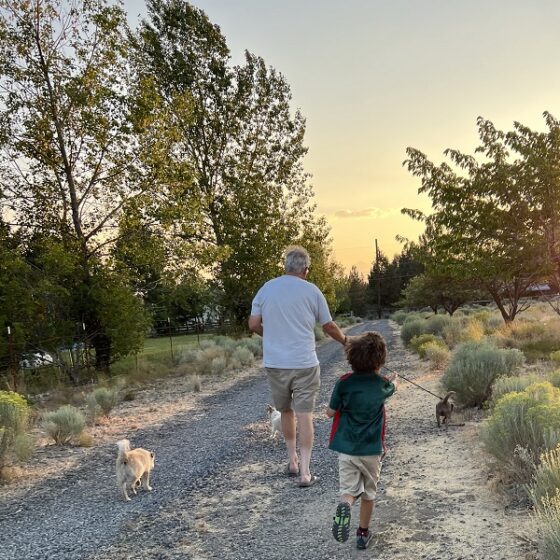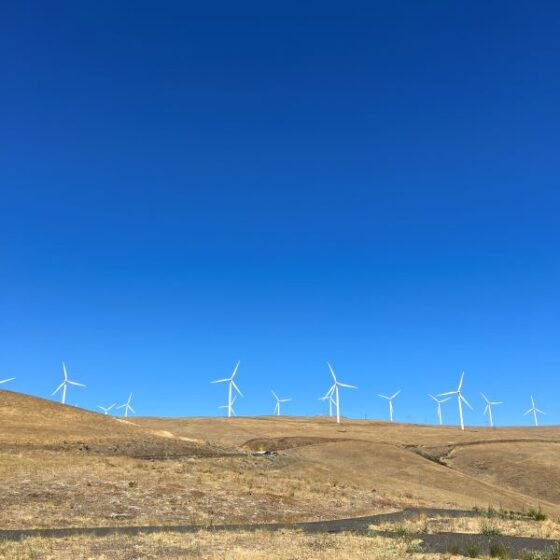I struggle to differentiate professional and personal lives. Not because I’m a workaholic, but because I literally don’t see much difference between them. Maybe this is more typical of “knowledge workers,” I don’t know, but I’m acutely aware that my brain works the same, whether I’m working on problems related to media strategy, business operations, weekend chores, or parenting. And when that brain is tired or in a rut, good solutions are hard to find.
One of the main reasons people hire consultants is because we bring a new perspective to a problem– a perspective based on deep expertise and experience being applied from an objective point of view. Ideally, a consultant has been in the trenches, but is now above the fray. In tough times, you need both experience and vision to move forward, and that’s what we try to bring.
Everyone works for a good experience/perspective mix in the personal realm too. Parents give kids the perspective they need to stay safe and grow. Aunts, uncles, godparents, even the “It Gets Better” campaign is about how older people can help you see around corners.
Which is all just a big justification for packing up and driving real fast in a different direction.
I forget this all the time. I get so preoccupied by juggling spinning plates that I don’t notice the fatigue creep in. The better we are at juggling, too, the more likely it is that we’ll keep working; expertise makes that possible. But right now, I’m working toward next-level mental management and production, and in order to absorb, synthesize and create at higher levels, I need to drive. Preferably, fast.
Last week I drove though a big chunk of rural Washington and Oregon. It was amazing. I love a distant horizon, I love how big the sky is, I love seeing where food grows. I love listening to music by myself, when I can go deep on the Black Keys and then jump to Paul Simon, or Florence and the Machine, Beck, Lumineers, John Prine, Elle King, Avett Brothers.
The last time I drove through that much rural Washington, I was working for the hospital association, and my friend Ben Lindekugel and I were visiting rural hospitals. He was closer in age to my dad, so we listened to a lot of James Taylor, Tom Petty, Carole King, Eagles, Traveling Wilburys, Rolling Stones. We talked and laughed a lot that trip. He was a great conversationalist and storyteller, generous with encouragement and optimism. How often do you get to spend hours with someone you truly like? What a gift. He died a few years ago, but in seeing all these warm, golden hills, and the occasional “Big Blue H” sign, he came right back. I miss him.
Pay Attention To Get More Time On Earth
You know how yoga and mediation people tell you to focus on your breath to improve mindfulness? I don’t think I can take deep breaths unless I’m going 60 miles an hour. I can’t relax unless I’m going 80. To truly feel alive, I need a closed track and helmet. The physical and psychological demands of driving fast require high amounts of attention and focus. You just can’t allow any other bullshit into your head. As a result, you live without bullshit for a few hours.
New vistas alter our perceptions. Traveling restores our perspective. It makes problems small and relationships big. Traveling also distorts time. Maybe not in Einstein-physics way that Einstein understood speed and time to interact, but still powerfully. I remember reading that when you do the same thing day after day, your brain doesn’t bother to make fresh memories. But when you break routines and have novel experiences—even by driving a different way to work—it fires up the memory-making part of your brain. Whether you’re traveling or not, the more novel experiences you have, the more memories, the longer your life feels.
Savor: New Favorite Word
My road trip was really just a long weekend—Thursday to Tuesday—but none of it was routine. In that time, I drove 900 miles and
- helped move cows into a new field pasture
- killed yellow jackets
- stacked firewood
- ate great food truck food
- explored two new towns
- contributed to a harvest party by stapling a dollar bill to a tiki bar wall
- helped a friend with a legal problem
- bought a lottery ticket
- had a drink at a saloon
- had a drink at a dive bar
- saw a great dog park
- crossed the Columbia, Deschutes, Yakima Rivers
- heard family stories I hadn’t heard before
- held a baby (first since the pandemic)
- bought a party dress from a thrift store
- listened to funny and inspiring podcasts
- got a little sentimental (who cares if you cry in the middle of nowhere?)
- shopped for western wear
- was in a power-outage (finished the wine, ate the ice cream)
- saw horses, cows, goats, ducks, baby alpacas and a marmot
- watched my dog make 4 new friends
- laughed a lot
- made plans to do it all again.
And that was just the benefit of the time I was gone. I was raised with Joseph Campbell, I know that the point of the narrative journey is to return home, but different. The purpose of a journey —which doesn’t need justification at all, goddamn it— but the purpose of a journey is to gain experience, face one’s deepest fears, earn self-knowledge and return home to slay dragons.
I was barely gone, of course, and didn’t do much fear-facing, but I still felt the closure of the cycle. My brain felt clear of clutter and anxiety. I had perspective on places and people. Instead of jumping right back into my to-do list, I thought first about client long-term goals, and worked backwards. I thought about life goals, and felt pretty content.
